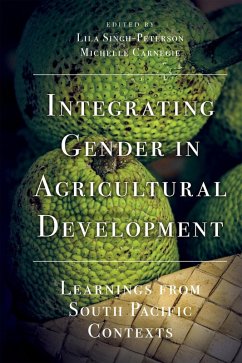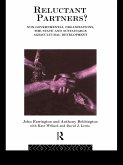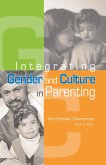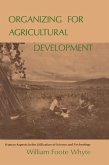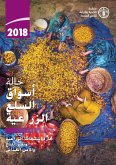South Pacific island nations are committed to international agreements and regional declarations to progress gender equality within their own territories, yet progress towards Sustainable Development Goal 5, Gender Equality, has been reported as slow and uneven. Tackling persistent gender inequalities in agriculture has been identified as a priority due to the industry's commercial importance to economies and communities across the region, and its role in food security. This book is grounded in the ideology that an alignment between the conceptual and practical understandings of gender equality is a critical component of sustainable development. Two introductory chapters establish the book's broader context. The following chapters draw on six rural case studies from Melanesia (Vanuatu, Fiji and Papua New Guinea) and Polynesia (Samoa and Tonga) across cropping, livestock, horticulture and aquaculture sectors to examine the various ways in which gender has been integrated in agricultural research for development projects. The case study authors explore the opportunities and challenges involved in integrating or mainstreaming gender, from research design to implementation, and reflect on the lessons learned. The final chapters synthesise these shared, field-based learnings and positions them within contemporary gender concepts to contribute to an understanding of how they are translated in practice to diverse South Pacific contexts.
Dieser Download kann aus rechtlichen Gründen nur mit Rechnungsadresse in A, B, BG, CY, CZ, D, DK, EW, E, FIN, F, GR, HR, H, IRL, I, LT, L, LR, M, NL, PL, P, R, S, SLO, SK ausgeliefert werden.

